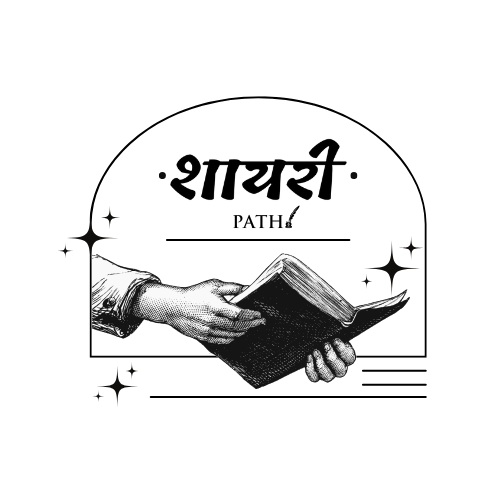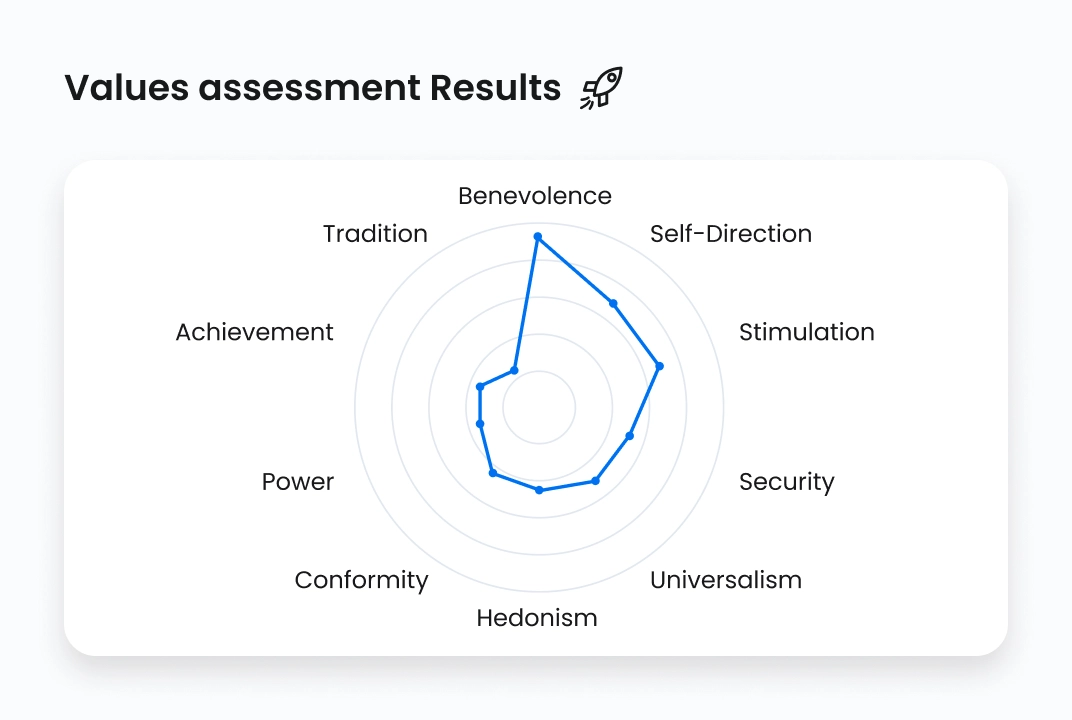It’s no joke trying to sort yourself out in this chaotic world. That’s especially true in India, where ancient traditions collide with hyper-modernization in a cultural whirlwind that would leave even the most grounded individual questioning their direction. The search for self-knowledge is perhaps the most profound undertaking any human can embark upon. The Upanishads captured this beautifully thousands of years ago with “Atmanam Viddhi” – know thyself. And while the sages of ancient India may not have had access to psychometric tools, they understood this fundamental truth: without self-knowledge, we wander through life like ships without rudders, driven by currents we neither understand nor control.
The psychological structures that constitute your being are unbelievably complex, layered with the accumulated wisdom of your ancestors and shaped by the unique experiences that have defined your life. Psychometric assessments offer a map to this inner territory – not perfect, mind you, but useful nonetheless. And God knows, when you’re lost in a forest as dense as the human psyche, even an imperfect map is better than no map at all. These assessments – whether examining your values through the PVQ values test, exploring your personality traits, assessing your motivation, or understanding your cultural context – are like modern-day Vedic tools for self-inquiry.
Let’s talk about values first, because they’re not mere preferences or passing whims – they’re the axioms upon which you construct meaning in your life. The PVQ values test, based on Schwartz’s theory of basic human values, maps ten fundamental value orientations that exist across cultures. When you act in accordance with your highest values, life has meaning. When you betray them, you’re headed for psychological hell, man. That’s no metaphor. Many Indians today find themselves struggling between traditional values of duty, family, and community and more individualistic values emphasized in global corporate culture. This tension isn’t something to be dismissed or avoided – it’s precisely the ground where your authentic value hierarchy must be discovered.
Personality is another crucial domain for self-understanding. India has historically approached personality through the lens of concepts like gunas (qualities) from the Bhagavad Gita – sattva (goodness, constructiveness, harmony), rajas (passion, activity, manipulation), and tamas (ignorance, inertia, destruction). Modern personality tests, including quick personality tests that take just minutes to complete, offer complementary perspectives. The Big Five traits – Openness, Conscientiousness, Extraversion, Agreeableness, and Neuroticism – aren’t categorically different from ancient conceptions, they’re just articulated in the language of contemporary psychology. The point isn’t which framework is “right” – it’s how effectively these models help you understand the patterns that shape your interactions with the world.
Now, regarding motivation – this is absolutely critical. In a country with the competitive intensity of India, where millions strive for limited opportunities, understanding what truly drives you is no small matter. Are you following a path because society expects it, because your parents demand it, or because it resonates with your deepest nature? When you assess your motivation properly, you distinguish between what psychologists call intrinsic motivation – what genuinely compels you from within – and extrinsic factors that push you from without. The most tragic outcome isn’t failure; it’s succeeding at something that ultimately leaves you feeling empty. How many engineers and doctors in India secretly wish they’d pursued their passion for music, literature, or entrepreneurship? The dominance of certain career paths in Indian culture makes this self-assessment even more crucial.
Cultural assessments are particularly relevant in the Indian context, where you’re navigating perhaps the most diverse cultural landscape on the planet. India isn’t one culture – it’s thousands of micro-cultures bound together in a magnificent, sometimes chaotic tapestry. Your specific position within this complex matrix – your region, language, religion, caste, class, and urban/rural background – has profoundly shaped your worldview. Add to this the colonial history and rapid modernization of India, and you have individuals often straddling multiple cultural worlds simultaneously. Understanding these influences doesn’t trap you in cultural determinism; rather, it frees you to consciously choose which aspects of your cultural inheritance to embrace and which to transcend.
The integration of these various domains – values, personality, motivation, and cultural influences – is where the real transformative potential lies. It’s not enough to take a few tests and file away the results. You must engage with these insights, wrestle with their implications, and incorporate them into your lived experience. This process isn’t comfortable – meaningful growth rarely is. As I often tell my students, comfort is the enemy of development. The spiritual traditions of India have long emphasized tapas – the generating heat through discipline and effort – as essential for transformation. Similarly, integrating psychological insights requires disciplined self-reflection and the courage to face aspects of yourself that may contradict your self-image.
There’s also the danger of treating assessment results as permanent labels rather than as snapshots of dynamic patterns. The Bhagavad Gita teaches that all things in the material world are constantly changing. Your psychological makeup is relatively stable, but it’s not immutable. You have agency in this process, particularly if you approach development with the kind of heroic effort that the Gita advocates when it speaks of determined action without attachment to results. This attitude – giving your absolute best while accepting that outcomes aren’t entirely within your control – is precisely what’s needed for authentic self-development.
The limitations of psychometric tools must be acknowledged. They’re filtered through Western psychological paradigms that may not fully capture the nuances of Indian experience. They rely on self-reporting, which is vulnerable to various biases. They simplify complex human qualities into measurable dimensions. But acknowledging these limitations doesn’t negate their utility. Rather, it encourages a balanced approach that integrates scientific insights with the wisdom traditions that have guided Indian self-understanding for millennia. The fact that both ancient yogis and modern psychologists emphasize self-awareness suggests there’s something fundamentally true about this pursuit, even if the methodologies differ.
So what’s the way forward? Start by approaching these assessments with earnestness, but also with skepticism. Take the information they provide and test it against your lived experience. Does it ring true? Does it explain patterns you’ve observed in yourself? Does it offer insights that help you navigate challenges more effectively? If so, incorporate these insights into your understanding. If not, set them aside and continue your exploration. Remember that in the Indian philosophical tradition, true knowledge isn’t merely intellectual – it’s experiential. You don’t just know truth; you realize it through direct experience.
The journey of self-discovery is neither quick nor easy. It demands courage, persistence, and humility – virtues celebrated across India’s diverse philosophical traditions. But the alternative to this journey is far worse: living unconsciously, driven by forces you don’t understand, pursuing goals that don’t truly fulfill you. As the Katha Upanishad warns, “The wise man beholds all beings in the self and the self in all beings; for that reason, he does not hate anyone.” This profound insight about the interconnectedness of all life begins with understanding your own nature. The tools of modern psychology, including the PVQ values test, personality assessments, motivation analyses, and cultural frameworks, can serve as entry points to this ancient wisdom if approached with the right attitude.

